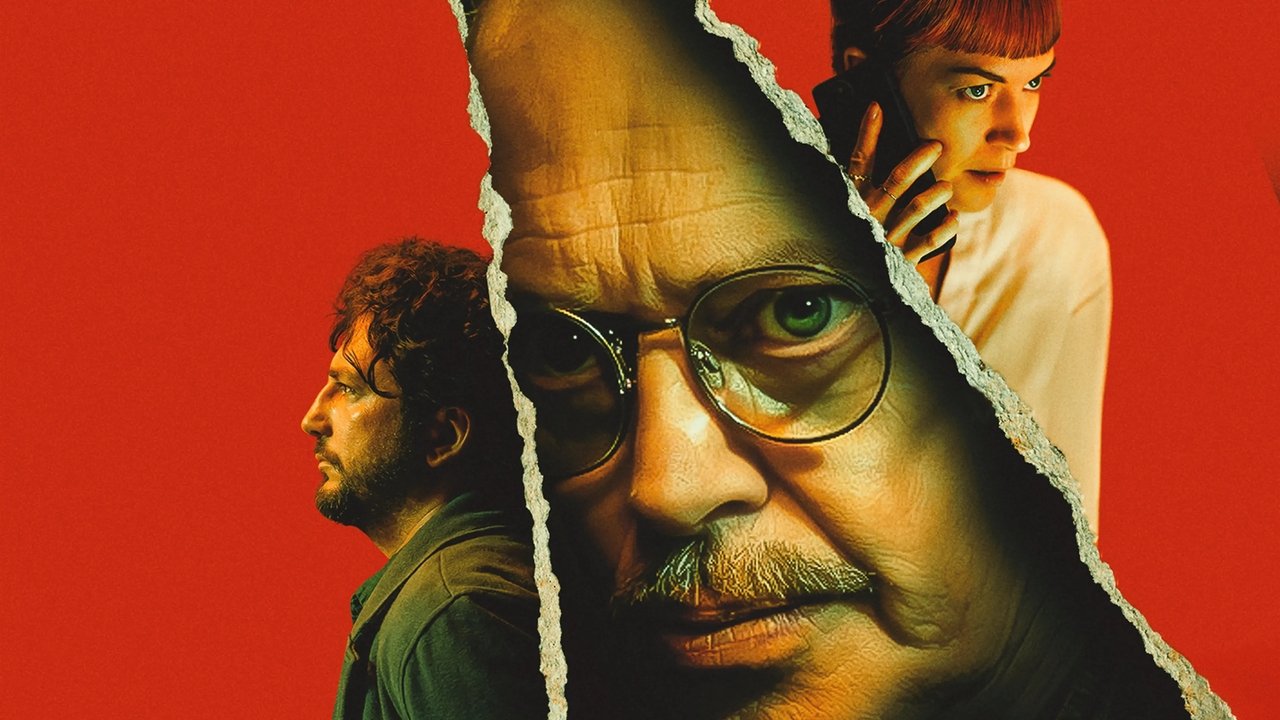Unveiling the Quirky Tale: A Unique Premise
In the vibrant tapestry of 2025 cinema, Psycho Therapy: The Shallow Tale of a Writer Who Decided to Write About a Serial Killer serves as a vivacious blend of comedy and drama. Directed by the ingeniously bold Tolga Karaçelik, this film invites viewers into a world where absurdity meets poignancy. This is not just your everyday movie review; it’s a quirky cinematic experience that’ll make you chuckle and ponder simultaneously. Bridging the gap between offbeat humor and genuine emotion, it weaves a narrative that’s as unpredictable as a rollercoaster on a rainy day.
Plot Twists: Laugh, or Yell, or Both?
The story kicks off with our protagonist, a beleaguered writer played with captivating nuance by Britt Lower. In the midst of a shambolic divorce, she finds solace in an unexpected friendship with a retired serial killer, portrayed by the incomparable Steve Buscemi. He’s no Hannibal Lecter; rather, he’s the guy who’d probably offer you coffee before discussing your fate. By day, he’s her marriage counselor, doling out oddly sound advice; by night, he coaches her on crafting the perfect murderous bestseller. It’s a narrative concoction that sounds like what might happen if Dexter joined a writer’s workshop.
Let’s Talk Acting: The Saving Grace?
When it comes to the performances, the film truly shines. Steve Buscemi is, as always, a magnetic force on screen—his comedic timing and deadpan delivery offer a masterclass in understated humor. Britt Lower holds her own, navigating her character’s absurd yet relatable journey with finesse. Alongside them, John Magaro, Sydney Cole Alexander, and Ward Horton provide robust support, each bringing their unique flair to an already vibrant ensemble. The screenplay, penned by Tolga Karaçelik, bounces between sharp wit and emotional depth like a frog on a hotplate, making you laugh even when you’d rather not.
The Movie’s Visual Delight: More Than Meets the Eye
Cinematically, Tolga Karaçelik and his team craft an intriguing visual tapestry that accommodates both humor and drama harmoniously. The camerawork is intimate, often sticking closely with characters to capture their bizarre ordeals and delightful interpersonal dynamics. The film's color palette dances between dreary blues and pops of hyper-realistic hues, mirroring the dichotomy of life and death in a darkly comedic way. If Wes Anderson had directed an episode of Brooklyn Nine-Nine, it might look something like this.
Comparisons and Cultural Footprints
Psycho Therapy shares its DNA with other comedic explorations of dark themes like the Coen Brothers’ Fargo or Martin McDonagh’s Three Billboards Outside Ebbing, Missouri. Unlike its predecessors, however, it dives headfirst into the zaniness of its premise, relishing every peculiar twist and turn. Unlike other film critiques, here you need to embrace the absurdity if you want to fully appreciate the creative genius at play. In a sea of sequels and reboots, this film is a reflection of an industry still capable of surprising us — more refreshing than a cold shower on a summer’s day.
Should You Watch It? Absolutely!
If unique storylines, dark humor, and offbeat characters are your jam, then missing this film would be a genuine disservice to your entertainment diet. Psycho Therapy is a must-watch for anyone who appreciates the finer, quirkier things in cinema. So grab some popcorn and brace yourself for a hilariously dark ride that just might have you questioning your own friendships! Because really, who among us hasn't considered a retired serial killer for a therapist?

